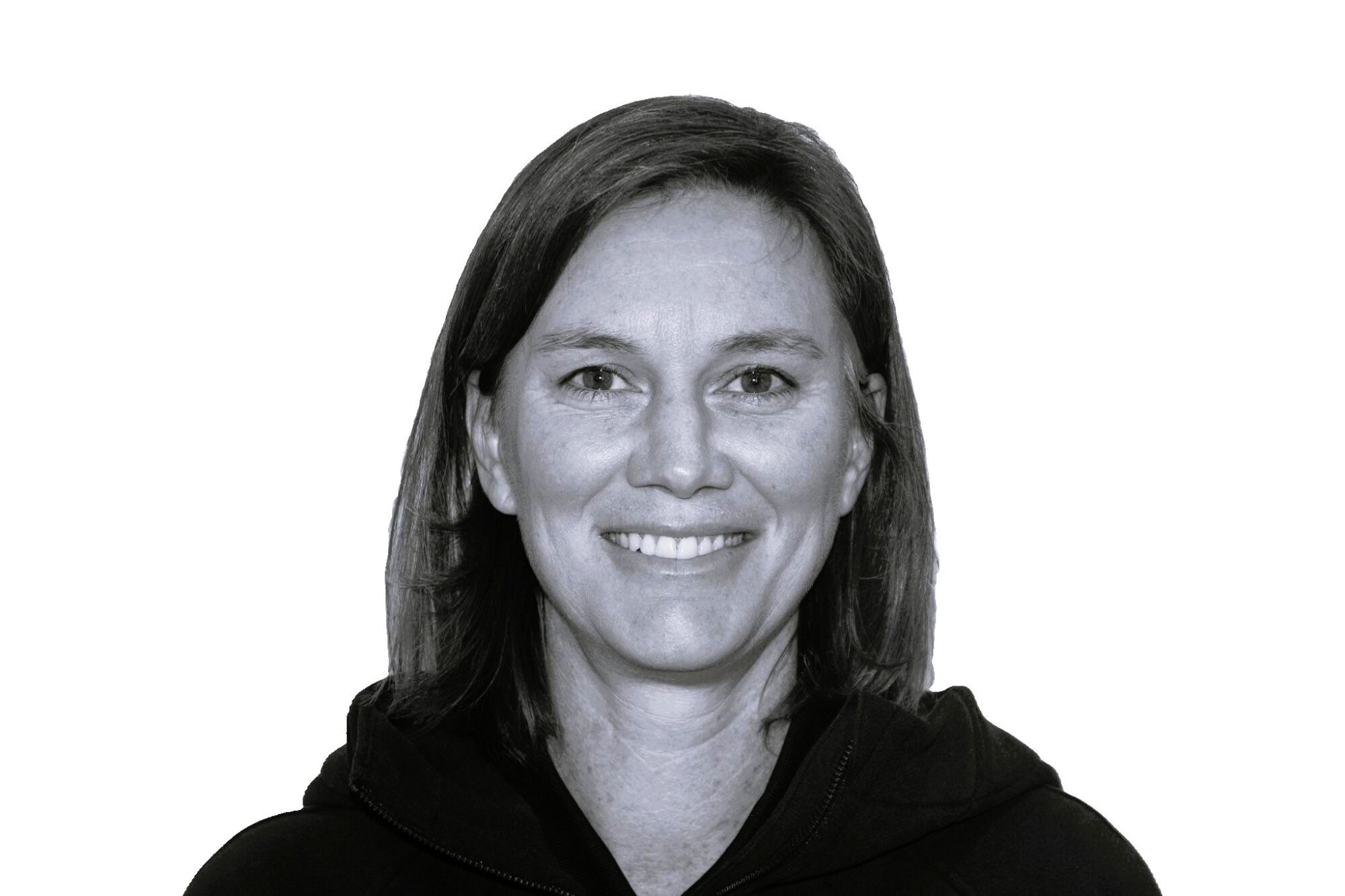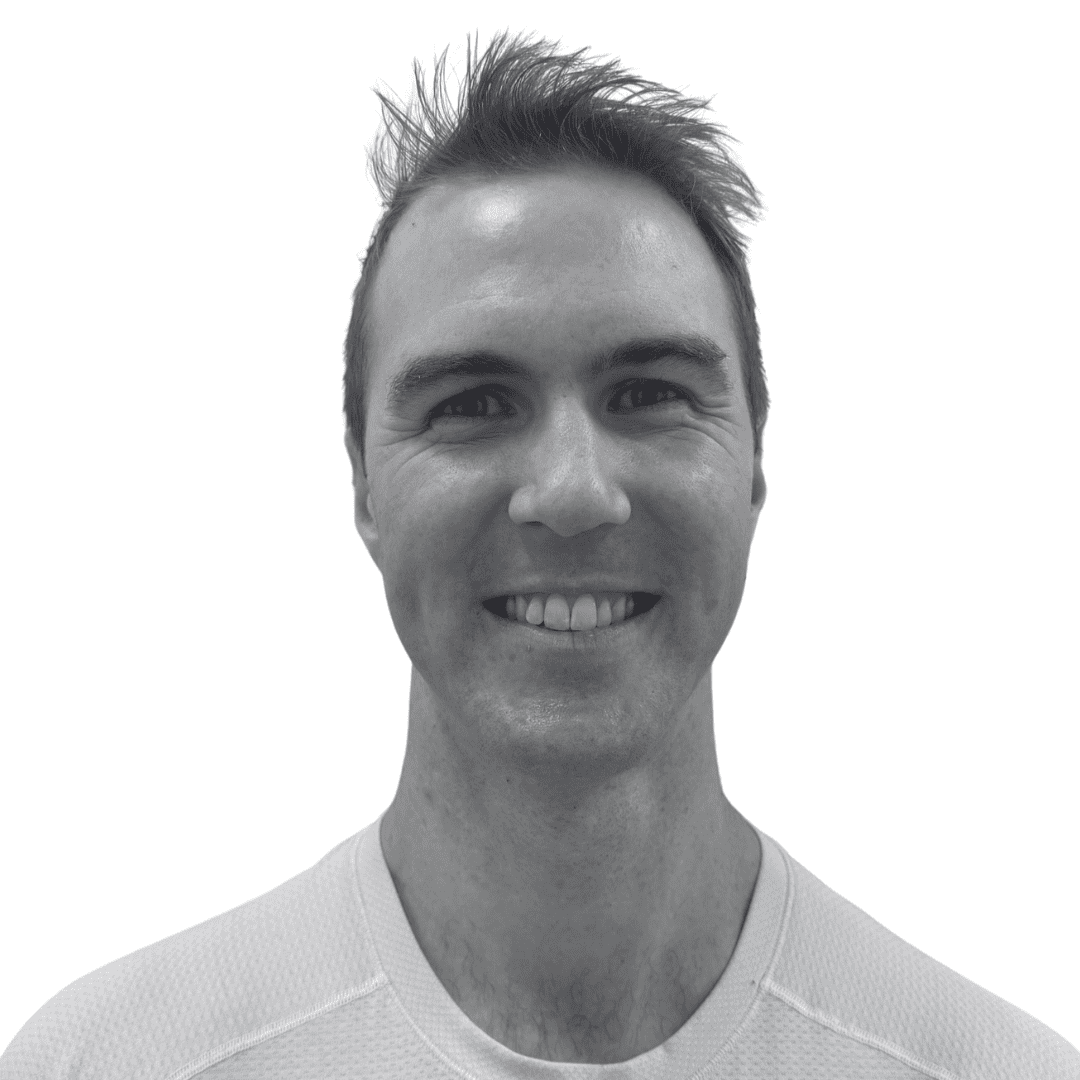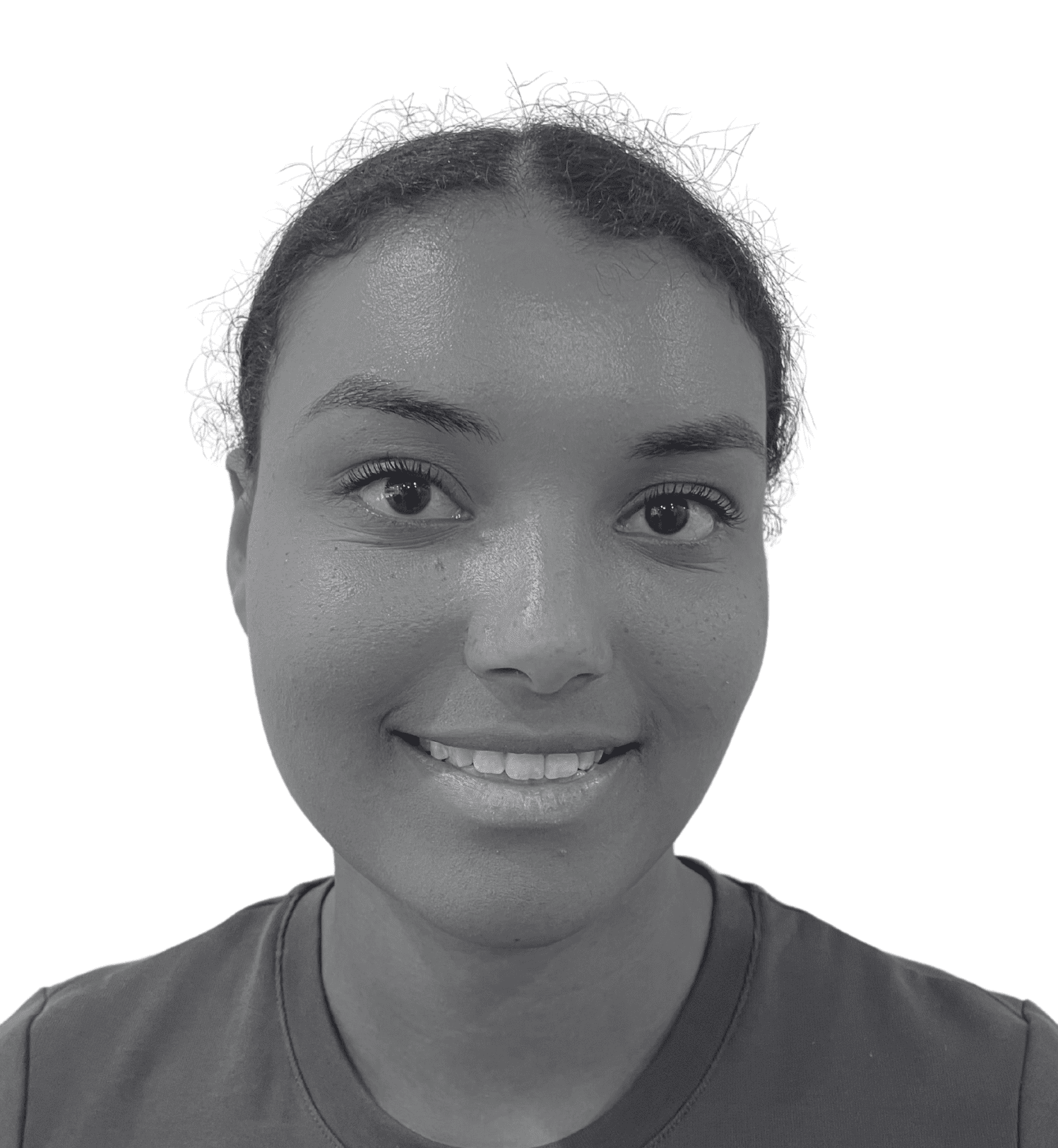Tailored Patient Recovery
What is an Exercise Physiologist?
They provide a comprehensive assessment to develop a safe, effective, and tailored exercise program to achieve patient health and fitness goals. These interventions also include education and advice on appropriate physical activity, lifestyle modifications and support in achieving behavioural change. An exercise physiologist won’t be able to diagnose injuries, but can refer you to a SportsCare Physiotherapist who
can help.
Learn more about the difference between a Physiotherapist and an Exercise Physiologist
The APA Valuing Skills Series – Differences between a physiotherapist and an exercise physiologist
Who can see an Exercise Physiologist?
Anyone of any fitness level or of any age! Whether you are recovering from an injury or looking for a functional and safe exercise program to keep active and improve your health and well-being.
Exercise Physiology services are recognised by:
- Medicare Australia via chronic disease management care plan upon GP referral
- Department of Veteran Affairs upon GP referral
- National Disability Insurance Scheme
- Most private health insurance
- Workers compensations claims
- Compulsory third party insurance
Why see an Exercise Physiologist?
With so much research providing evidence for exercise as medicine for most chronic conditions, an Exercise Physiologist can advise and tailor the most appropriate exercise program for your body’s demands, injuries, and current health status.
These are some of the reasons to be treated by an Exercise Physiologist:
- Diabetes/insulin resistance/PCOS
- Cardiovascular disease
- Osteoporosis/arthritis
- Acute or chronic musculoskeletal injury
- Chronic pain
- Post-op rehabilitation (e.g. knee/hip replacements)
- Falls preventions programs
- Depression & mental health conditions
- Neuromuscular conditions (e.g. parkinson’s, stroke, multiple sclerosis)
- Strength & conditioning for recreational/elite athletes
The correct exercise advice for your chronic condition/s will improve your quality of life, independence, pain management and life expectancy!
Musculoskeletal Injury Rehabilitation
An Exercise Physiologist plays a key role in providing a rehabilitation program for any acute or chronic injury, post-operative joint reconstruction, or replacements. Their main goal is to assist you in re-gaining muscular strength and fitness levels and provide support, advise and strategies to assist pain management. They work alongside your treating Physiotherapist to ensure a smooth transition to functional strength and conditioning to get you back to pre-injury status and doing the things you love.
Strength and Conditioning
With an understanding of human anatomy and biomechanics, an Exercise Physiologist can also assist any recreational or elite athlete to help improve their movement efficiency and patterns in their training or sport. They can tailor a program to assist with functional capacity, strength, power, speed and aerobic/anaerobic fitness goals to reduce risk of injury and improve performance.
How do we work with other Allied Health Professionals?
At SportCare & Physiotherapy, an Exercise Physiologist is able to work with a multi-disciplinary team such as Physiotherapists, Occupational/Hand Therapists, Dietician, Psychology and your General Practitioners to assist in your healthcare needs and injury rehabilitation.
How?
- Physiotherapists: transition to exercise physiology once ready for a functional strength program to treat and manage a musculoskeletal injury, pain and/or a chronic condition/s.
- Occupational/Hand Therapist: referred to an Exercise physiologist to restore hand function such as grip strength, postural strength, functional lifting capacity, core strength and return to work/pre-injury status.
- Dietician: work alongside to assist in management of chronic conditions such as diabetes, insulin resistance, PCOS, weight loss, osteoporosis but can also work together to assist sports people and athletes.
- Psychology: the main goal is to help manage mental health conditions such as depression, anxiety, bipolar and schizophrenia through a regular exercise regime.
- General Practitioner: regular contact with your referring GP can assist in the communication of your health care, goals and treatment plan.
What will happen in an AEP Consultation?
During your first Accredited Exercise Physiologist (AEP) appointment you will:
- Fill out an exercise pre-screening questionnaire
- Discuss medical conditions and current/previous injuries
- Discuss goals and current barriers
- Participate in a basic physical assessment
- Develop a treatment plan together to assist you in achieving your goals
All you need to bring to your appointment is any documents that are relevant for your session (e.g. scans, reports, care plans, doctor letters) and wear clothes you are comfortable exercising in.
Our Team
Find an Exercise Physiologist
Book at a local clinic
Dickson
Monday: 8:00am – 6:00pm
Tuesday: 7:00am – 7:00pm
Wednesday: 7:00am – 6:00pm
Thursday: 7:00am – 7:00pm
Friday: 7:00am – 7:00pm
Saturday: 8:00am – 1:00pm
Sunday: Closed
Weston
Monday: 8:00am – 6:00pm
Tuesday: 8:00am – 6:00pm
Wednesday: 8:00am – 6:00pm
Thursday: 8:00am – 6:00pm
Friday: 8:00am – 6:00pm
Saturday: 8:00am – 1:00pm
Sunday: Closed
Mawson
Monday: 8:00am – 6:00pm
Tuesday: 7:30am – 6:00pm
Wednesday: 8:00am – 6:00pm
Thursday: 8:00am – 6:00pm
Friday: 8:00am – 6:00pm
Saturday: 8:00am – 12:00pm
Sunday: Closed








